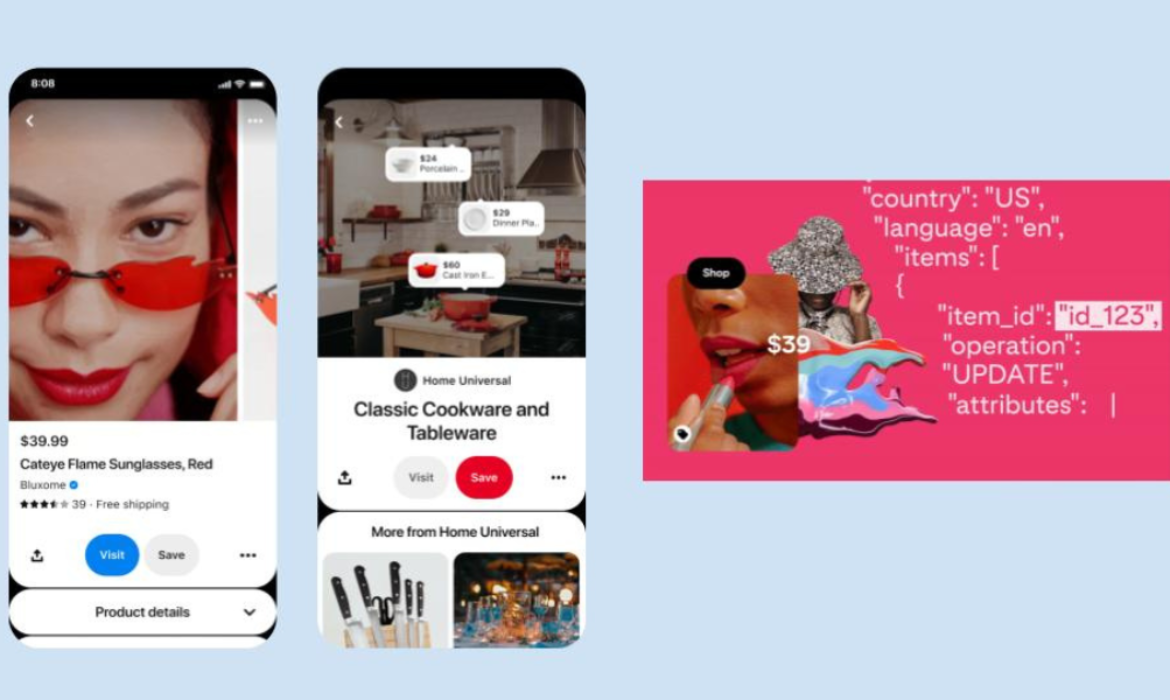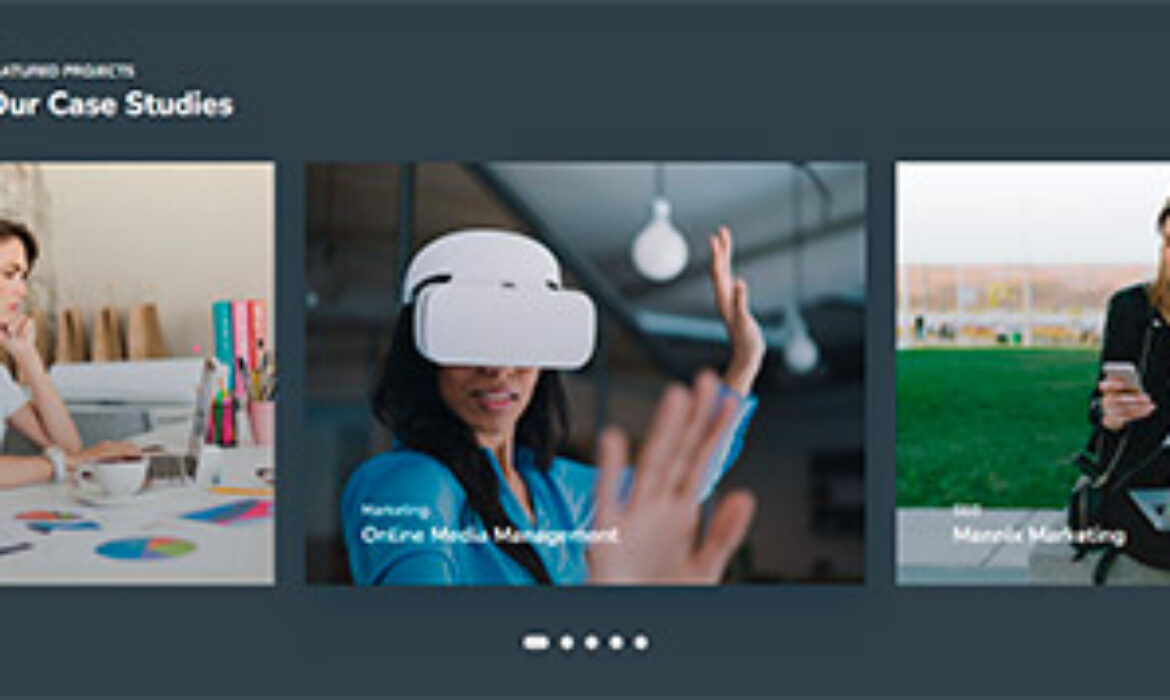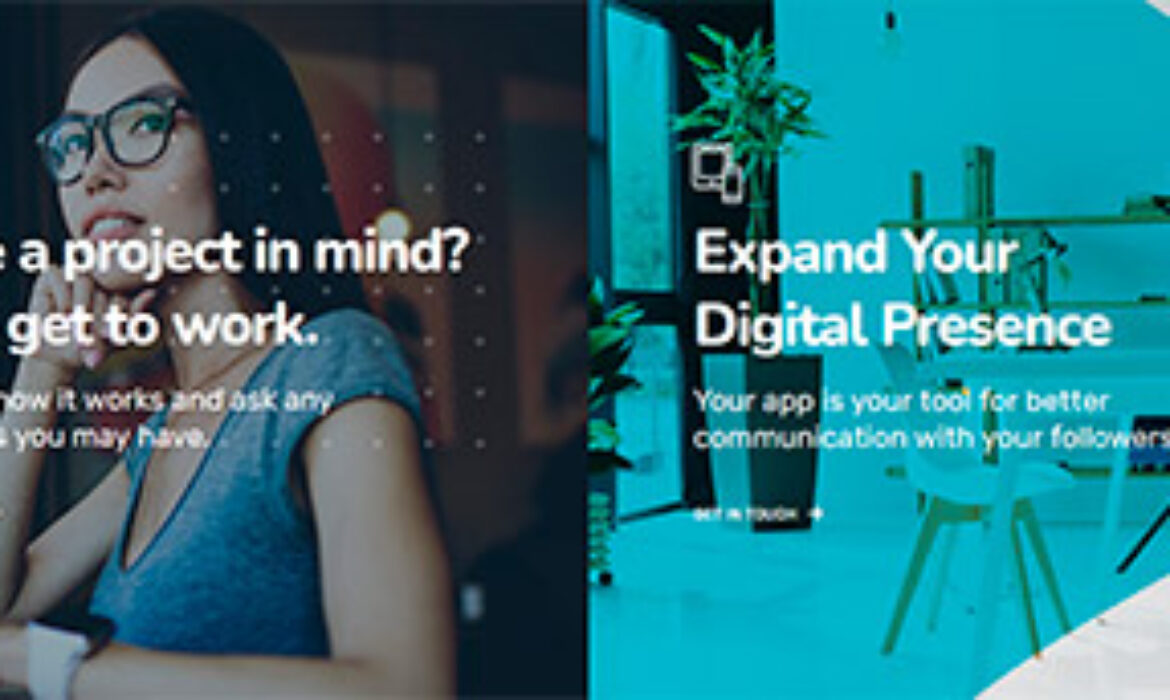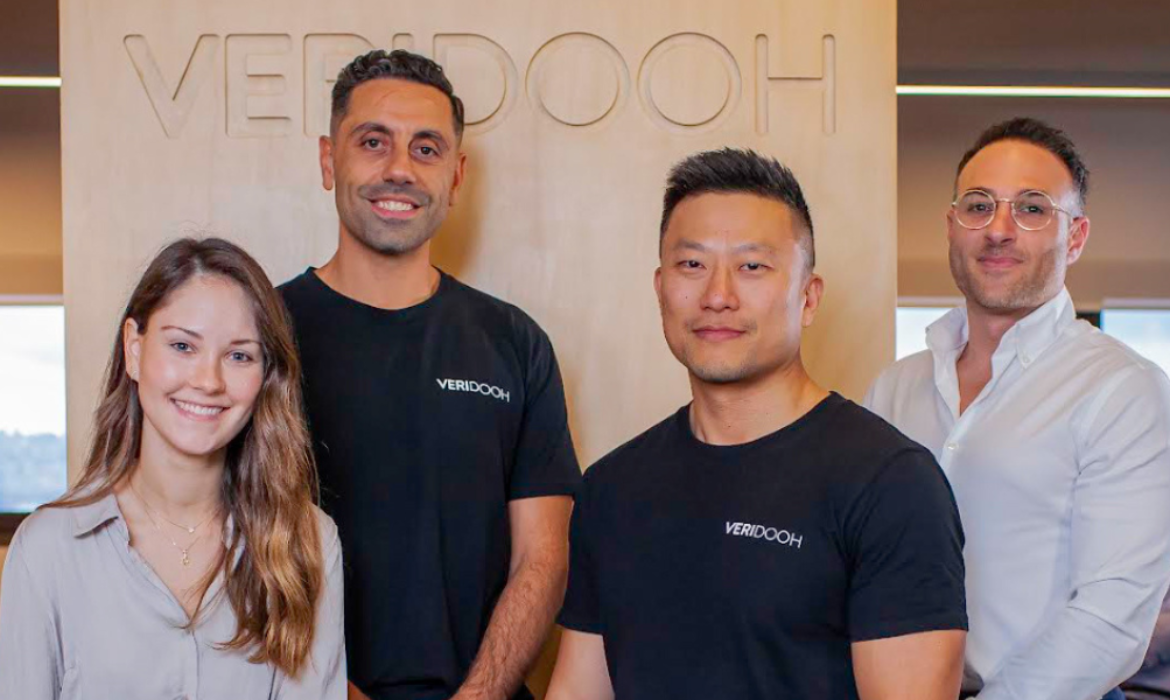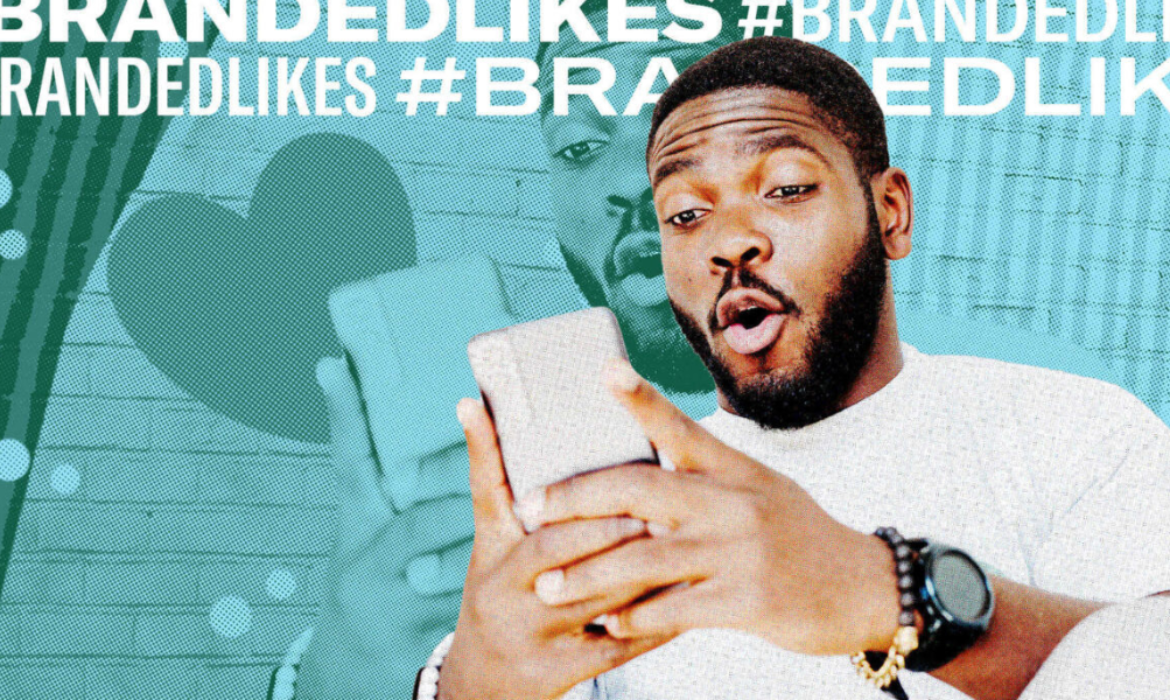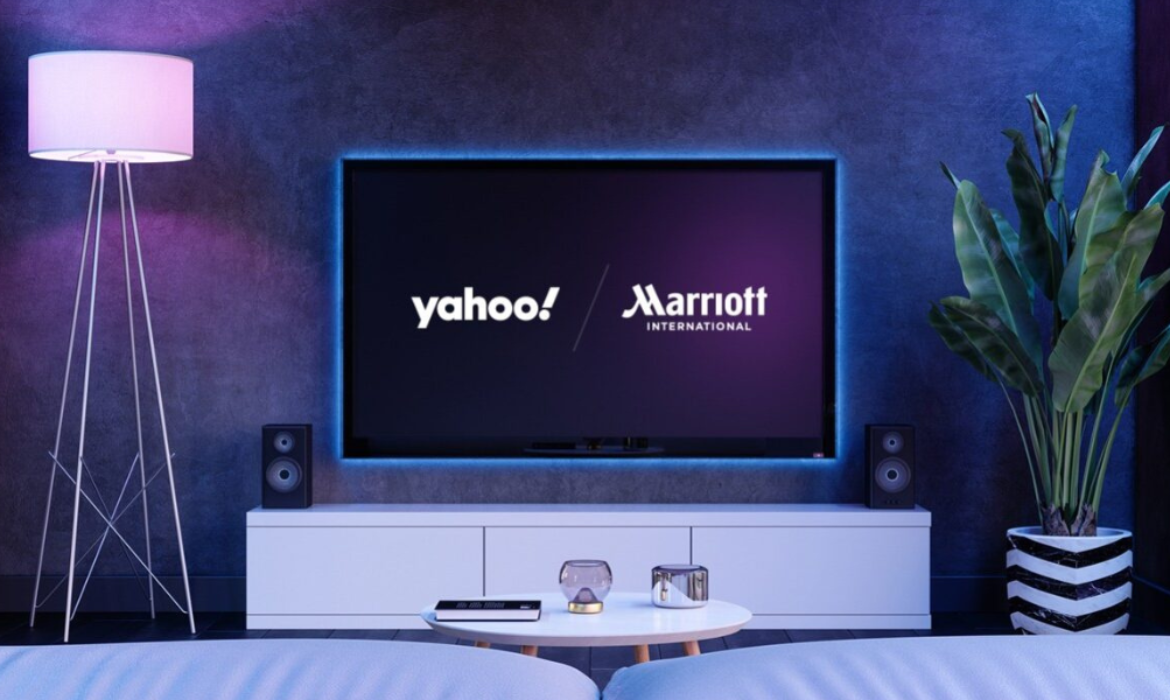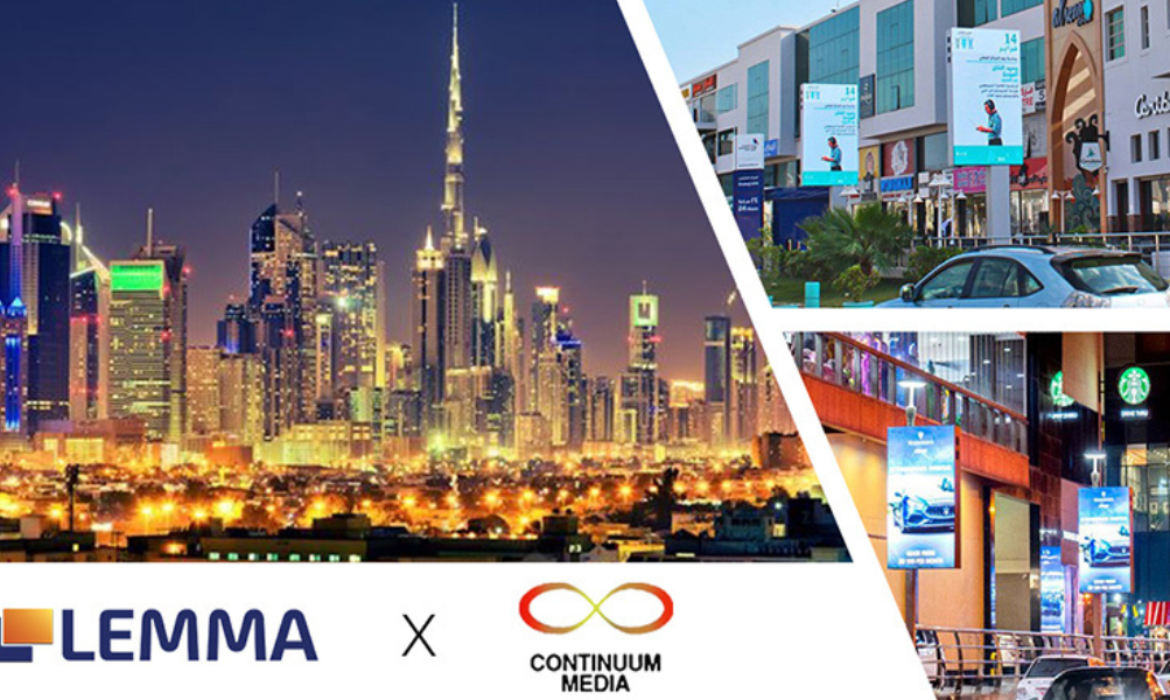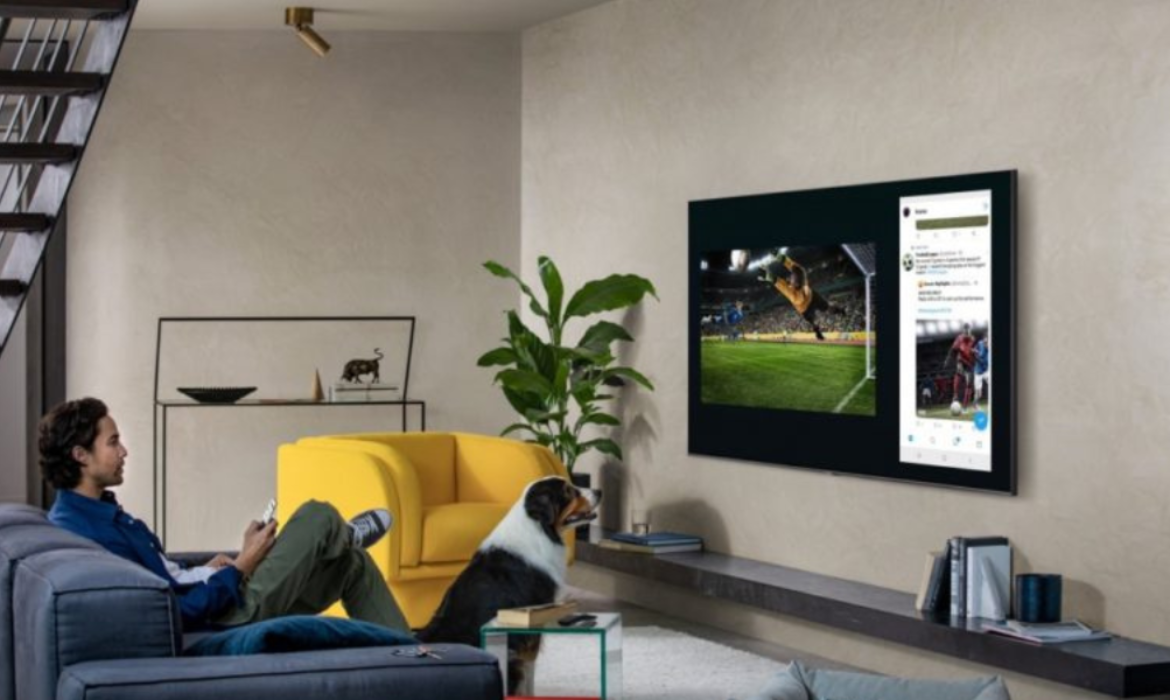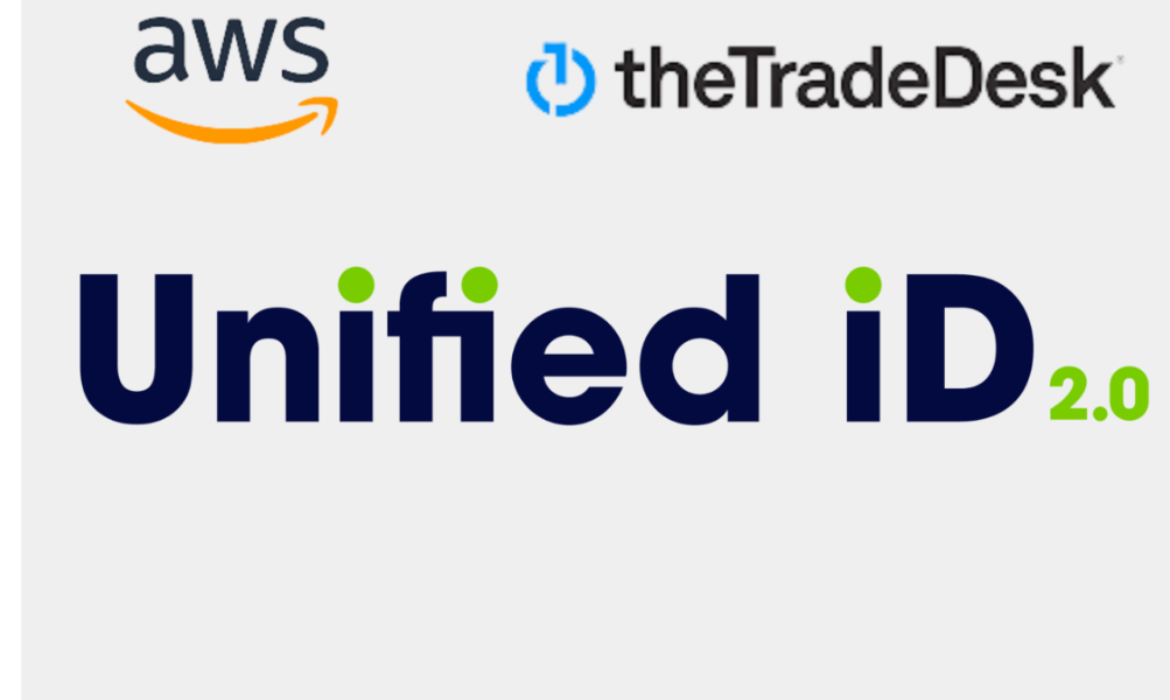Pinterest Rolls Out New Shopping And Commerce Features For Merchants
Pinterest rolled out new merchant features, including product tagging on Pins and a Pinterest API for Shopping. The company says all of the new features are designed to make it easier for merchants to create engaging shopping experiences for users.
New Pinterest products include a Shopping API that integrates a brand’s product catalog and creative ads and generates eCommerce analytics. Pinterest offers merchants an array of features, including tagging products in posts, uploading short videos to catalogs (inspired by YouTube’s shopping-related reviews), and a Shop tab. Jeremy King, SVP of Engineering at Pinterest said,
“In 2021, the number of Pinners engaging with shopping surfaces on Pinterest grew over 215%, and 89% of weekly Pinners use Pinterest for inspiration in their path to purchase. The new shopping features such as the API for Shopping allows brands and retailers to reach high-intent Pinners during the earliest stage of their shopping journey with the most updated catalog data.”
Interesting Read: Pinterest TV: Another Pinterest Attempt To Monetize Creators’ Efforts
The Pinterest API for Shopping
Merchant can access catalog and product metadata management that will enable more efficient improved data quality for merchant products. Pinterest claims the tool shows a 97% accuracy level for price and availability data.

Image Credit: Pinterest
Product Tagging on Pins
Merchants can make their lifestyle Pins shoppable. They can add products from their catalog to their scene images. Pinners can shop for the exact items from the inspiring imagery they find. The initial tests showed that Pinners showed 70% higher shopping intent on product Pins tagged in scene/brand images than standalone product Pins.

Image Credit: Pinterest
Video in Catalog
Pinterest is enabling video assets in their product catalog to give Pinners a view of the product from multiple angles when making a purchase decision and driving conversions. They have witnessed promising results from video-like ad formats vs. static formats (increased CTR by 158%, lowered CPC by 42%, lowered CPA by 58%) on the platform.
Shop Tab on Business Profiles
Merchants can display shoppable products browsing Pinners. 30% of Shopify merchants on Pinterest get their first attributed checkout from their Shop tab. It allows product group management, customized group cover image, and descriptions as well as a seamless mobile interface.

Image Credit: Pinterest
As of now, Pinterest isn’t transitioning into a shopping platform. With the integration with Shopify, that owns the payment data, Pinterest sends organic traffic to retailers and merchants’ websites or enables add-to-cart and direct payments. Pinterest affiliate fees can be collected by creators (“pinners”) in conjunction with the sales they drive through their in-image product tags.
Other than the Shopify partnership – which has become a standard integration for social media players – Pinterest, and the market as a whole, show many encouraging signs for the company’s commerce goals.
Interesting Read: Pinterest TV: Pinterest Rolls Out Suite Of Commerce-Friendly Features For Advertisers
Deliveroo Rolls Out New Advertising Platform For FMCG Brands
Deliveroo launched a new advertising platform, ‘Deliveroo Media and E-commerce’, allowing brands to reach customers with relevant offers. Brands will be able to advertise to Deliveroo customers in new formats, in-app and online.
For the first time, advertising is planned on Deliveroo’s order tracker page alongside sponsored search listings. For example, a customer sitting at home impatiently eyeing the location of their food order on Saturday evening would sean an ad for a movie or series of a streaming service. The company mentions,
“Currently Deliveroo partners are able to make use of Deliveroo’s advertising services, with sponsored positioning for restaurant or grocery partners, for example. The new advertising platform means consumer FMCG brands will be able to advertise to millions of highly-engaged Deliveroo customers.”
Brands will be able to promote relevant offers across Deliveroo’s app, on its website, social media, email, and push notification campaigns.
Its own network of “Editions” kitchens and rapid grocery delivery ‘HOP’ stores will also be part of Deliveroo’s new advertising proposition, enabling brands to deliver content or samples into consumers’ hands as their meals and groceries are delivered to their door.
Revenue opportunity
The food delivery startup allows restaurants and supermarkets it partners with to purchase advertising space within its walls. The new platform expands opportunities for consumer brands (CPG) and contributes to the company’s profitability push. By using ads to improve sales and profitability, Deliveroo has joined the growing number of delivery companies. Eric French, Chief Operating Officer at Deliveroo said in a statement,
“Advertising revenue is a small part of Deliveroo’s current model but a big opportunity and a lever the company can pull to increase net revenue.”
He also stated that the app’s eight million monthly active consumers orders on a weekly basis, giving advertisers an opportunity to connect to an engaged and valuable audience.
“Our new advertising platform will enable restaurant and grocery partners to tell their story emotionally and effectively whilst ensuring Deliveroo customers continue to receive a food-first experience.”
The company said advertising revenue is an important lever to drive Deliveroo’s path to profitability and free cash flow generation. Deliveroo aims to reach an adjusted EBITDA margin (as % of GTV) of 4%+ by 2026, with further upside potential beyond 2026.
Adtech and media sales services will be provided by Criteo to Deliveroo.
Interesting Read: Marriott International : A Hotel or An Ad Tech Company?
And the trend continues
Many delivery services and supermarkets like Asda Media, Tesco Media, Joker, and Delivery Hero SE are building their retail media network. They seek to use the first-party data and monetize the media inventory. The company stated,
“Advertising on Deliveroo will include partnerships with restaurant partners as well as FMCG companies, primarily on the grocery side. This will be done in a way that is mindful of the consumer experience, which is Deliveroo’s priority.”
Deliveroo Media and Ecommerce will launch in the UK before rolling out to other markets globally. From this month, brands started advertising relevant offers to Deliveroo customers too.
Interesting Read: Marriott Revamps Ad Sales, Ties Bonvoy To Gamers Paradise Series
Verve Group Acquires Mobile DSP Dataseat
Verve Group, a global consumer-first advertising suite and a subsidiary of Media Games Invest (MGI) acquired mobile DSP Dataseat. The latter is an adtech company that provides app developers with the ability to manage in-house mobile app campaigns.
Why Dataseat?
Philippson, CEO of Dataseat explains the company was founded on the thesis that digital advertising would become more privacy-compliant. Hence, they built the world’s first fully transparent user acquisition DSP based entirely on contextual signals, without any reliance on device IDs or user profiling. It gives advertisers full control, transparency, and adaptability over their campaigns in a world where identifiers such as IDFA are deprecated.
It provides app developers with tools and software to manage and control their own user acquisition, retargeting, and cross-promotion campaigns. Dataseat offers marketers a demand-side platform ( DSP) and unique bidding algorithms based on their customers’ first-party data.
As reported by Adexchanger, the rationale behind the acquisition is “Privacy”. Ionut Ciobotaru, co-CEO of Verve Group said,
“The future is less about identity and more about group measurement.”
ATOM and Beemray are Verve Group’s investments in privacy. Anonymous Targeting on Mobile, its first homegrown solution, creates cohorts using on-device data instead of identity-based targeting. Additionally, it acquired contextual targeting company Beemray last year.
Interesting Read: 6 Data Privacy Trends To Look Out For In 2022!
An accretive acquisition, accelerating the Flywheel
As part of MGI’s advertising software platform, the Dataseat DSP will have direct access to MGI’s strong first-party content and data, including a games portfolio with more than 800 million users and its SDK used in 20,000 apps with 2 billion users. Verve Group has access to an extensive SDK installation base. The alignment of Dataseat with Verve Group enhances Smaato and Hybid SDKs, which have huge global install bases.
In a privacy-first world, mobile DSPs are increasingly urging publishers to integrate their SDK because direct access is a strategic advantage. Adexchanger quoted Philippson, CEO of Dataseat,
“It used to be that whoever had the most data would win even if they had suboptimal creative, because you knew exactly what a person likes, so the creative didn’t matter as much.”
“But if you don’t know anything about the individual, creative becomes very important, and if you have control of the SDK you have ultimate control over the creative.”
Philipson noted that it was important for Dataseat to maintain independence and invest further in providing world-class solutions for its existing and new clients.
“We didn’t want to join a gaming company that would take our technology for their single use. Verve Group has a vast ecosystem with some of the world’s top names of advertising technology under its roof. We’re eager to demonstrate how we can help all of our clients leverage this opportunity to drive further growth.”
MGI stated that the acquisition will enable the company to empower its DSP segment which currently accounts for 7% of its total revenue. Sameer Sondhi, co-CEO of Verve Group said,
“Dataseat has exhibited bona fide expertise working with gaming companies, and that sweet spot dovetails with Verve Group’s growing strength of integrating the worlds of gaming and advertising, together. Working with Dataseat will allow us to accentuate this opportunity so our clients will benefit.”
The companies declined to disclose the financial terms of the deal. All 25 Dataseat’s employees, including co-founders David Philippson and Paul Hayton, will join Verve Group.
Interesting Read: 5 Ad Industry Trends That Are Likely To Unveil in 2022!
Marriott Revamps Ad Sales, Ties Bonvoy To Gamers Paradise Series
A Marriott Bonvoy, the hotel chain’s loyalty program, will present a new digital variety show featuring Asian esports and gaming culture. Gamer’s Paradise is a 15-episode variety talk show series produced by ONE Esports, a subsidiary of ONE Championship (ONE).
Why the amalgamation of Travel With Gaming?
The travel market may not be closely associated with a stationary activity like games. However, Marriott clearly plans to grow affinity with gamers, whose popularity has skyrocketed since the pandemic hit. It is backing the digital content series to expose its Bonvoy loyalty program to a broader audience of gamers and esports fans.
“Gamer’s Paradise” episodes highlight regional Marriott hotels centered around specific themes. It will enable viewers to immerse themselves in travel destinations through the lens of gaming culture. It will feature content that celebrates the diverse gaming and esports culture in Asia – Indonesia, Japan, Malaysia, Philippines, South Korea, Singapore, Thailand, and Vietnam.
Interesting Read: New Video Game Measurement Allows Brands To Evaluate The Impact Of The In-Game Ads
The series will feature across One Esports channels including Facebook, Twitch, YouTube, and Afreeca T.V, a Korean peer-to-peer streaming service. Streaming and digital programming sponsorships are common since gamers prefer these platforms to linear TV for entertainment. It is clear from Marriott’s support that it plans to tap the enthusiasts’ group not traditionally targeted by the hospitality sector.
Marriott joins a growing group of non-endemic marketers bolstering their gaming practices as desirable consumer groups like millennials and Gen Z express a clear preference for the sector. Julie Purser, Vice President, Marketing, Loyalty & Partnerships, Marriott International, Asia Pacific said,
“We teamed up with ONE Esports on Gamer’s Paradise to bring Marriott Bonvoy’s expression of good travel in both virtual and physical settings to gamers across the region. This series is rooted in travel, and we hope to showcase how the digital and gaming worlds draw inspiration, energy and community from the transformative power of travel.”
Interesting Read: Your Ultimate Guide to Understanding Gaming Advertising
With the travel industry experiencing a recovery from pandemic lows, advertisers have ramped up their marketing spend is up 43% Y-o-Y. Marriott Bonvoy acting as a sponsor comes from the bounce back.
It is also revamping its ad sales business. The hotel chain recently launched Marriott Media Network which chain is a cross-platform omnichannel advertising platform. It leverages data from Bonvoy, Marriott’s loyalty program with more than 164 million members. And the network intends to initially focus on content and editorial products.
Interesting Read: Marriott International: A Hotel or An Ad Tech Company?
Veridooh Launches Independent Verification Solution For Programmatic DOOH
Veridooh, a Sydney-based ad tech startup, has launched an independent verification solution for programmatic digital out-of-home advertising (DOOH).
Veridooh partners with Vistar Media
It has partnered with global DOOH software provider Vistar Media to roll out the offering. Under the partnership, Veridooh’s industry-leading SmartCreative verification solution is available to buyers leveraging the Vistar Media demand-side platform. As a result, advertisers can now use Veridooh’s platform to track the performance of programmatic DOOH campaigns independently.
Vistar Media’s demand-side and supply-side platforms allow buyers and sellers to easily transact on DOOH inventory. Vistar Media covers more than 14,300 screens across Australia and New Zealand and more than 450,000 screens around the world.
With the solution, new standards are being established for programmatic media. The solution also provides advertisers and media agencies with access to other key metrics, including panel location, environment, and plays, as well as the ability to review campaign targets.
Interesting Read: Revolutionizing Advertising: Australia Invests In Programmatic DOOH
And that’s what they said
Veridooh co-founder Mo Moubayed said that the partnership ensures the goal of independent verification for all out-of-home advertising is fulfilled.
Our SmartCreative technology was custom-built for the out-of-home industry with all formats, including programmatic, in mind from day one.
Programmatic DOOH is increasingly becoming an important part of advertisers’ media strategy, combining out-of-home’s impact with digital’s efficiency and metrics. By providing third-party verification, advertisers can have confidence that their investment is being delivered as planned, encouraging further ad spend in the sector.
Ben Baker, Vistar Media managing director, APAC said,
Programmatic out-of-home is going through an exciting period of growth, particularly now that we’re moving past the pressures of the pandemic.
Providing advertisers with independent verification can help keep this momentum going so we’re pleased to be partnering with Veridooh to offer their programmatic verification solution to clients.
IPG’s Matterkind has already successfully trialed Veridooh’s programmatic solution with Vistar Media. There is continued growth in programmatic DOOH. The IAB reports that almost one-quarter of Australian agencies traded digital out-of-home inventory programmatically in 2020, despite the challenges posed by the pandemic. Furthermore, 10% of agencies increased their programmatic investments during the same period.
Veridooh’s recently appointed group business director Tom Drinkwater will help drive programmatic partnerships as the business’ programmatic lead. The ad tech start-up has previously developed partnerships with media agencies like Omnicom Media Group, GroupM, and IPG Mediabrands for verification of their DOOH campaigns and recently raised $5 million in external funding. The funds will be used to expand into new markets and enhance the offerings of the business.
Interesting Read: All You Need To Know About The Rise Of DOOH Advertising
Twitter Rolls Out Branded Likes in Saudi Arabia
Twitter brings Branded Likes to all managed advertisers reaching consumers in Saudi Arabia. It also rolled out in other countries like the United States, the United Kingdom, and Japan.
👋 We're launching #BrandedLikes, a feature that lets advertisers customize Twitter’s Like button animation for 24 hours.
Branded Likes will appear on any organic or promoted Tweets that contain the advertiser-selected hashtags after an individual has liked that Tweet. pic.twitter.com/mBRRTWtAru
— Twitter Business (@TwitterBusiness) June 30, 2022
As it can be seen in the tweet, Branded Likes let advertisers transform Twitter’s Like button into a delightful, custom animation for 24 hours. Twitter explains that several brands like Disney, Tesco, and more have tested Branded Likes. The results show that it drives conversation and engagement around the biggest launches and brand moments, and create memorable, interactive experiences with consumers.
Interesting Read: Lemma Partners With Continuum, Expand DOOH Presence In The Middle East
How does this new feature work?
- Branded Likes are available in Twitter’s Timeline Takeover ad offering, which ensures a brand’s ad is the first ad to appear when someone opens Twitter for the first time that day. The pairing helps advertisers to maximize brand exposure and drive additional engagement.
- As part of the Takeover ad, advertisers can select a hashtag (and up to 10 translations of the hashtag) for their Branded Like animation. Bare Tree Media is the partner for activations running in Saudi Arabia, the U.S, and the U.K to create custom artwork for the campaign.
- The custom branded like will appear when a consumer taps the like button on an organic/promoted tweet with the pre-selected hashtag.
- Finally, it will appear for up to 24 hours in the same geography as the brand’s Timeline Takeover.
Twitter stated that during testing the new feature delivers ad effectiveness for brands when paired with Timeline Takeover.
“Branded Likes generated positive impact when paired with Timeline Takeover, seeing a +277% lift in the recall, and +202% lift in purchase and consideration intent.”
Even though Branded Likes add personality to the tweets and spark interest but involves high cost and scale. Twitter has not provided any price range as of now. It is certainly an intriguing offering that will add some variety to the tweet stream.
Interesting Read: Marriott International: A Hotel or An Ad Tech Company?
Marriott International : A Hotel or An Ad Tech Company?
Major international companies have entered the world of advertising to drive revenue for advertisers by leveraging their tech platforms and first-party data.
Does that seem like 90% of business for 2022?
Following on the heels of retail media success stories, Marriott, the world’s largest hotel group, launched a new advertising platform ‘Mariott Media Network.”. And this hotel juggernaut is more likely to succeed than not.
As Marriott put it,
“Marriott’s audience has intent, and travelers will be in the right mindset when receiving these offerings.”
Why Does It Matter?
Marriott Media Network is described as an “omnichannel cross-platform advertising solution for brand advertisers. Marriott can thus offer advertisers new ways to reach travelers – an audience often on the lookout for new experiences with discretionary funds available. An advertising network can also advertise products that travelers may be interested in besides future bookings. As part of this endeavor, Marriott has exclusively partnered with Yahoo.
First Party Data
Apple’s privacy effort has impacted travel marketing. App developers increasingly need users’ consent to track their online behavior. As consumers opt out in large numbers, brands, and ad sellers are increasingly looking to use “first-party data”. Data like customers’ profiles, search history, and reservations act as a first-party data source for advertisers. Marriott plans to tap into its treasure trove of first-party data
Reach
Marriott says it has 8,000 properties under 30 brands spanning 139 countries. Advertisers will have access to more than 164 million Marriott Bonvoy members and renowned loyalty programs. The program allows Marriott to know when its members are traveling, which means brands will likely be able to target travelers before their trip, and while they’re captive in Marriott’s quarters.
It is also planning to extend its reach to non-endemic advertiser categories, notably airline, ride-sharing, and restaurant bookings.
Revenues
In the ad tech world, advertisers are willing to spend money but do not have sufficient and reliable inventory. Considering Marriott’s CRM data and large reach, advertisers may see this as a viable alternative to Google and Facebook.
Interesting Read: Unlock The CTV Opportunity: What The Future Looks Like
Targeting
Marriott is being cautious about programmatic targeting and will not venture into audience network play. With leisure travel volumes returning to pre-pandemic levels, this is a good opportunity for those who want to target a specific segment of travelers.
The company serves ads for now across its owned channels, including display, mobile, video, email, and digital out-of-home (in-room TVs and digital screens in lobbies, gyms, and bars) once fully implemented.
It will show how a travel media network fits into a brand’s media strategy. For instance, an apparel company might identify customers traveling to a ski resort, while an entertainment company might advertise shows, events, or whatever fun things are available in a particular city.
In fact, even small (local) advertisers would get an opportunity to display their offerings. Marketers will be able to reach consumers who are looking for specific services, experiences, and entertainment options in the city or locale they are visiting.
CTV- a better option
CTV ad campaigns enjoy much higher engagement rates than traditional ads. It achieves high-performance results for brands – 94% viewer completion rate compared to just 74% and 69% on PC and mobile devices, respectively.
Advertisers now have a perfect platform to shine on the 42-inch TV in every Marriott room. There is no better way to link the TV screens in hotels with connected TV (CTV) than through programmatic advertising.
The streaming platforms Netflix, Disney+, Hulu, and others are looking into ways of monetizing viewers with CTV inventory. And Mariott adding a CTV inventory to its offering opens up a whole new viewing context, during travel.
Interesting Read: Connected TV Explained: The Essential Glossary Of CTV
Full stack
The Marriott Media Network uses Yahoo as an exclusive SSP. Yahoo’s supply side platform serves as a platform for advertisers to buy inventory. As a result, the Yahoo advertising team will manage demand generation and sales across Marriott paid media and the Marriott Media Network utilizing Yahoo’s demand-side platform. The Marriott supply can be measured and targeted holistically across all of Yahoo’s open web programmatic inventory.
Privacy
Legislation like GDPR in the EU and CCPA in the US, privacy changes by Apple, and the forecast demise of the third-party cookie have severely hampered advertisers’ ability to target customers. Brands are seeking new avenues to reach consumers.
Marriott’s media network is a “demand and supply solution for the cookieless world,” -Iván Markman, Chief business officer at Yahoo.
The media network will not share customers’ personally identifiable information (PII) with the advertisers. It will leverage anonymized customer data that will help to curate the content on behalf of the advertiser to display relevant ads to travelers.
Yahoo, the ad tech partner, will match anonymized customer data with advertisers’ data. Advertisers will shop for ad inventory via Yahoo’s portal and sales team.
Untapped ad prospects
The addition of a new layer of revenue is an amazing opportunity for Mariott. Though it has had an advertising business for more than a decade this is its first programmatic offering which has immense potential for growth.
Assuming an average occupancy rate of 75% in 2021 and at least 5 ads shown per day at $40-$50 CPM adding additional revenue to its bottom line. The reported revenue is $13.86 billion in 2021. Also, the partnership with Yahoo means a low cost of ad sales.
Presently, the most lucrative and growing market for Mariott International is China. It has 448 hotels spanning 23 brands across more than 110 cities in Greater China. The country with the highest population is the most brand loyal to the hotels. The largest consumer economy has the elite and affluent travelers. The pandemic has prompted them to explore destinations closer to home. An opportunity for Mariott too good to be missed!
Bottom Line
Through a partnership with Yahoo, Marriott is launching an advertising platform to better monetize its substantial customer base. It will support advertisers and publishers in unlocking the full value of their content, audiences, and marketing. Also, Mariott will not be hindered by varying regulations of any country, because it owns the first-party data (information on guests received from loyalty membership).
So next time, one can expect ads that might be potentially relevant on Marriott’s owned properties – website, app, or room TV screens as opposed to welcome messages. Marriott’s move is indicative of a larger trend within the travel industry. And why not? Brands can get around rising operating expenses and establish a new revenue stream with it. Till then Bon Voyage!
Interesting Read: 6 Data Privacy Trends To Look Out For In 2022!
Lemma Partners With Continuum, Expand DOOH Presence In The Middle East
Lemma, one of the largest DOOH platforms, is strengthening its presence in the Middle East with an exclusive partnership with Continuum.
Interesting Read: All You Need To Know About The Rise Of DOOH Advertising
Building a Partnership in the Middle East
With its focus on the Middle East region, Continuum, a specialist media representation firm, helps Lemma drive demand for its programmatic DOOH offering while growing the company’s supply, including bringing on new DOOH screens.
Having successfully scaled businesses in India & SEA, Lemma is now expanding its services in many regions sourcing in demand and supply through global connections via the programmatic platform. With Lemma, advertisers & marketers can reach diverse audience segments that are connected to thousands of screens in the Middle East region.
Lemma offers easy access to a new digital inventory in a measurable, automated, and attainable format to instantly roll out marketing campaigns. It will build a strong local presence in one of the world’s largest DOOH markets by leveraging a wide portfolio of Ad Tech and Media technologies from Continuum in the Middle East.
With the Middle East poised to be the next thriving ground for DOOH, Lemma with this partnership plans to expand the availability of upgraded & quantifiable DOOH solutions at an accelerated pace and scale programmatic demand in the region. Moreover, the integration allows advertisers to leverage creative flexibility, contextual ad serving in real-time, and a variety of benefits to enhance outdoor communication and marketing strategies on a single platform.
Interesting Read: Power Of Out-Of-Home Advertising In The Middle East And Road Ahead
And that’s what they said
Abhimanyu Yadav, VP of Sales, EMEA expressed excitement for the partnership and introduction of programmatic DOOH advertising across the Middle East said,
Programmatic DOOH is set to transform the OOH industry & provide clients with the opportunity to target the audience more accurately with audience buying systems & measure the campaign through data & transparency. This is an exciting way to deliver brand experiences to consumers in the outdoor space with ultimate impact on viewing consumers delivered through real-time opportunities and advanced tech.
Mohammad Nayeem Siddiqui, Sales Director EMEA, said,
Continuum a leading media technology company with expertise in ad tech & emerging media solutions is committed to helping businesses adapt to new technologies & enable brands to increase their ROI.
Continuum with this exclusive partnership with Lemma, will bring programmatic DOOH solutions in the Middle east and enable marketers to explore the medium, activating ads on any Digital OOH screen.
The technology leveraged by Lemma will be a game-changer in the market. With the presence of digital signage, content is controlled by outstanding software making it much easier to manage and adapt through reliable consumer insights. It’s only a matter of time before this brings about a major shift in the outdoor advertising.
Interesting Read: Omnicom Media Group Sets Up Industry’s First Programmatic Private Marketplace
Magnite Launches Programmatic Offering With Samsung Ads
Independent sell-side advertising platform Magnite today announced a collaboration with Samsung Ads in Australia. This will allow marketers to add Samsung CTV inventory to their programmatic media buy, which includes Samsung’s free ad-supported streaming service Samsung TV Plus.
Consumers in Australia will be able to access exciting and premium content immediately through Samsung TV Plus, an internet-based TV platform that was launched in November 2020. They can access 69 channels free live on their Samsung Smart TVs. The list of channels is growing every month. Samsung’s premium ad-supported video-on-demand (AVOD) service in Australia will now allow advertisers to access its connected TV inventory programmatically.
Connected TV is one of the fastest growing mediums in Australia with 11.9 million Australians having viewed content on having viewed internet content on a TV screen. IAB Australia’s Online Advertising Expenditure Report confirms that programmatic is the preferred buying method for content publishers’ video inventory as consumption to date has risen. Magnite already works with Samsung Ads in the US, EMEA, LATAM, and India.
Interesting Read: Samsung Ads Introduces Predictive Planner To Improve AVOD Ad Buys
That’s What They Said
James Young, MD of Australia at Magnite said,
“Programmatic CTV supply in Australia continues to grow at a rapid pace and Samsung will deliver a wider audience reach for buyers. We are delighted Samsung has selected Magnite to deliver a best-in-class advertising experience for their Samsung TV Plus product.”
Alexander Spurzem, General Manager for Samsung Ads Australia said,
“CTV has generally made TV advertising more accessible, affordable and accountable for advertisers, programmatic takes that one step further making it easier for advertisers to buy. The collaboration with Magnite will unlock programmatic inventory for advertisers on Samsung TV Plus and help fuel growth of CTV in the market.”
Interesting Read: AVOD strategy For Netflix Ahead: Should Advertisers Rejoice?
Amazon Web Services Partners With Trade Desk’s UID2 To Integrate First Party Data
Amazon Web Services, one of the most popular data hosting services for marketers partners with the Trade Desk’s UID2 (Unified ID 2.0) at the Cannes Lions Festival.
What is UID2?
UID2 is a non-proprietary, open-sourced alternative identifier developed by The Trade Desk and supported by over 40 publishers. It enables advertisers, agencies, ad technology companies, and publishers selling advertising to continue providing relevant, personalized advertising without third-party cookies. It also provides mechanisms for consumer consent with transparency baked in.
Interesting Read: The Trade Desk & Lifesight Partnership: What It Means For Indian Marketers!
What is the partnership about?
AWS will serve as a private operator of UID2 through the partnership. In essence, this means the company will handle its own internal version of UID2 to generate and manage the identity solution. Marketers can match their first-party data via the Amazon web services marketplace to facilitate programmatic ad placement efficiently.
The integration allows Amazon to place programmatic ads without exposing sensitive user data externally since it takes advantage of AWS Nitro Enclaves, a facility it says provides better security for customers’ personally identifiable information.
A second advantage of the pair’s integration is that PII is never directly disclosed to external parties since UID2 identifiers are encrypted into so-called “ephemeral UID2 tokens” that are shared to match users with bid requests. Furthermore, the pair says that PII will never be communicated directly between external parties due to UID2 identifiers being encrypted into non-persistent “ephemeral UID2 tokens,” which are provided to match users with bid requests.
In an emailed statement reported by Digiday, Adam Solomon, worldwide head of data collaboration & interoperability solutions, advertising & marketing tech industry at AWS said,
“One of the key requirements of running a UID2 Private Operator Service is a trusted environment for the UID2 operator application to process users’ private data, such as a user’s phone number or email address so that sensitive data isn’t accessible to other UID2 operators and providers.”
Customers who want to run UID2 workflows in the cloud will not have to do any heavy lifting with this solution. They can easily deploy UID2 Private Operator services with a click of a button in their virtual cloud environment. Solomon further added,
“This is an amazing next step in consumer identity in terms of having a service that both the sell side and buy side can leverage for advertising, targeting, measurement, activation, and planning.”
“This paradigm has important implications in the long run beyond identity that include areas such as analysis, machine learning for measurement — there is a whole host of things we can do. And cloud technologies are enabling this new way of thinking, where you can develop a service and deploy it closer to your customer’s environment. It’s the beginning of not just how we do identity, but of a new way of doing business together.”
AWS joins a handful of other data firms and agency networks—like Snowflake, InfoSum, and IPG—who have signed up to be private operators of UID2 or parties that process identifiable information in a way The Trade Desk deems privacy safe. Amazon Web Services partnership, which will help the cookieless solution gain credibility in a crowded market.
Interesting Read: A Panoramic Perspective Of Amazon’s Advertising Business!

